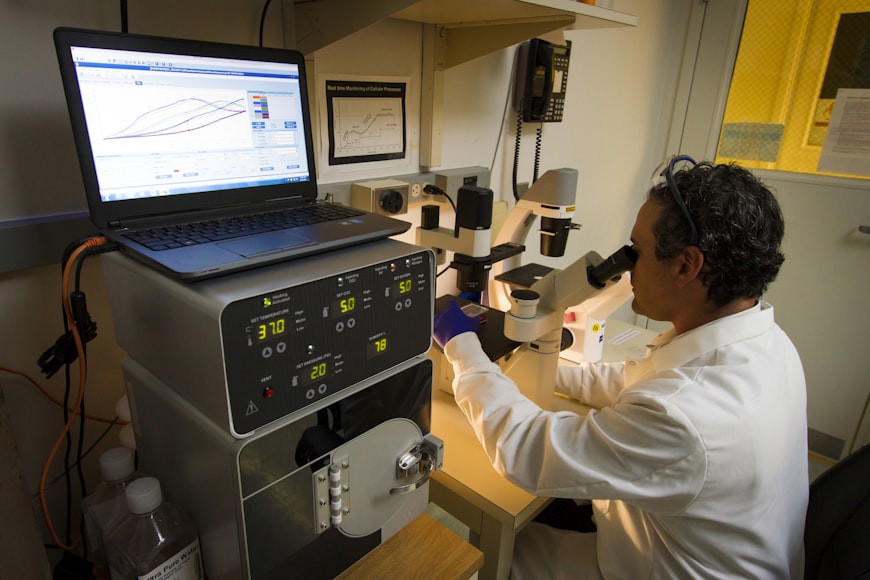In the worldwide clinical trial industry, new privacy regulations emerge at regular intervals, with added guidelines provided by the states. Since endpoint adjudication committees (EACs) have to review data received from all over the world, they have to stay on top of all the developments and changes in the regulations across the world.
In this blog, we will discuss what EACs can do to support the changing regulations to deal with worldwide clinical trials.
EAC Global Reach
Clinical research is an ongoing process across the world. While research sponsors may have regulatory support that’s specific to their region, they may just have to use one EAC. This EAC is responsible for covering all the data received from across the world. Using one EAC is generally recommended since it allows consistency across the trial.
When it comes to independent EAC, all the global information received from events happening in the world needs to be judged. The information may have country-specific privacy regulations attached to it as well, which the EAC is required to follow. Even in the case of redacted information, either HIPAA or international privacy regulations always apply.
Differences in Regulatory Standards Across the World
According to UNCTAD, 80% of countries in the world have a distinct set of privacy regulations, such as the UK’s GDPR, China’s PIPL, Israel’s PPL, and US HIPAA. This obviously has an impact on the evaluation process of EAC as they have to bear in mind all the country-specific requirements. Even for US-based EACs, there may be a difference in the regulatory standards for studies based in different states.
What Can the EAC Do to Handle the Different Frameworks?
The primary goal of EAC is to determine whether the clinical trial met its predefined endpoint. Of course, this can only be determined if the EAC is well aware of all the supplementary medical information related to the study. The EAC doesn’t need any identifiable information to do this, which is why most researchers redact the information before sending it to the EAC. In the US, the redacted data is not covered by HIPAA standards and is classified as a de-identified data set.
On the other hand, data coming from the US is usually coded rather than redacted and is covered by the GDPR framework, plus the additional country-specific regulations.
When choosing an EAC for the study, sponsors should look for the following:
- An organization that’s well-versed in worldwide privacy regulations.
- An EAC whose procedures comply with all the applicable standards.
- A reputable and independent EAC that deals with studies coming in from all parts of the world.
Streamline Your Research with Us
In addition to hiring relevant EACs, you can improve your research quality by using a state-of-the-art clinical trial and data management system. If you’re looking for a reliable vendor that provides full-suite clinical trial data management solutions, you can’t go wrong with ClinicalPURSUIT.
Our top-rated EDC clinical trial software facilitates data managers as well as CROs, sponsors, and anyone who’s involved in medical research. Our highly-functional solutions include EDC software and systems, ePROs, IRT, intelligent data capture, and clinical trial supply management systems.
Schedule a free demo with us today to learn more.








